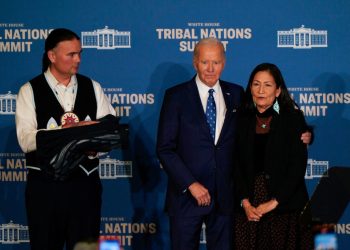Every second person in the world is believed to hold ageist attitudes – leading to poorer physical and mental health and reduced quality of life for older persons, costing societies billions of dollars each year, according to a new United Nations
report on ageism.
The report released today by WHO, Office of the High Commissioner for Human Rights (OHCHR), United Nations Department of Economic and Social Affairs (UN DESA) and United Nations Population Fund (UNFPA), calls for urgent action to combat ageism and better
measurement and reporting to expose ageism for what it is – an insidious scourge on society.
The response to control the COVID-19 pandemic has unveiled just how widespread ageism is – older and younger people have been stereotyped in public discourse and on social media. In some contexts, age has been used as the sole criterion
for access to medical care, lifesaving therapies and for physical isolation.
“As countries seek to recover and rebuild from the pandemic, we cannot let age-based stereotypes, prejudice and discrimination limit opportunities to secure the health, well-being and dignity of people everywhere,” said Dr Tedros Adhanom Ghebreyesus,
WHO Director-General. “This report outlines the nature and scale of the problem but also offers solutions in the form of evidence-based interventions to end ageism at all stages.”
Findings from the report
Ageism seeps into many institutions and sectors of society including those…



























































